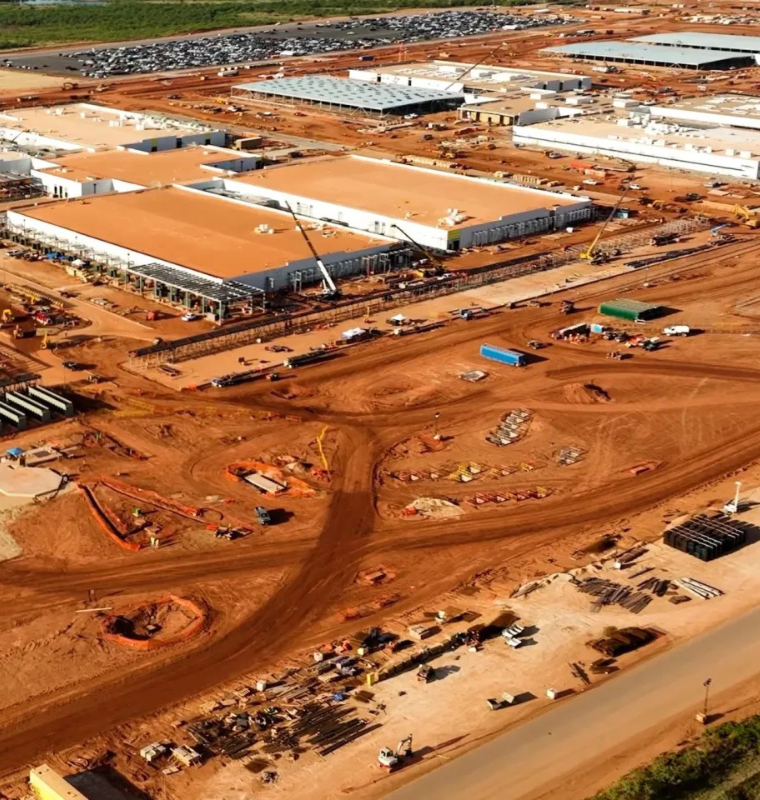Why Today’s AI Models Struggle to Spark True Scientific Breakthroughs
Why Today’s AI Models Struggle to Spark True Scientific Breakthroughs
By
David Goldfarb
Last updated:
October 2, 2025
First Published:
October 2, 2025

Photo: Yahoo
The Limits of Today’s AI Models
Artificial intelligence has been hailed as a revolutionary force across industries, from finance to healthcare. But according to Thomas Wolf, co-founder of $4.5 billion AI startup Hugging Face, today’s leading AI systems are unlikely to make groundbreaking scientific discoveries on their own.
Wolf argues that current AI tools — including widely known chatbots like ChatGPT — are built to predict the most probable next word or token in a sequence. While this makes them powerful assistants for tasks like summarizing research or analyzing data, it fundamentally limits their ability to produce the kind of contrarian, paradigm-shifting insights that define Nobel Prize–level science.
Why Scientific Breakthroughs Require Contrarian Thinking
Wolf highlights a key distinction between scientists and machines: the human drive to challenge consensus. Throughout history, transformative discoveries have come from individuals willing to think against the grain.
Take Nicolaus Copernicus, who upended centuries of belief by proposing that the Earth revolved around the sun. Such insights often seem improbable — even absurd — at first. AI, by contrast, is trained to align with human inputs and reinforce what is already known. When users prompt a chatbot, it often echoes agreement, praising the question rather than pushing back or suggesting a radical alternative.
“The scientist is not trying to predict the most likely next word,” Wolf explained. “He’s trying to predict this very novel thing that’s surprisingly unlikely — but true.”
Diverging Views in the AI Industry
Wolf’s stance contrasts sharply with more optimistic voices in the AI community. Sam Altman, CEO of OpenAI, and Dario Amodei, co-founder of Anthropic, have both suggested that AI could compress decades of scientific progress into just a few years.
Amodei has even argued that AI-enabled biology and medicine could accelerate human progress by a factor of ten, pushing forward advances that would have otherwise taken a century. This vision of AI as a catalyst for rapid breakthroughs is one that Wolf remains skeptical of, at least with current-generation models.
The Role of AI as a “Scientific Co-Pilot”
Instead of displacing scientists, Wolf believes AI is better positioned to serve as an intelligent assistant. These tools can help researchers analyze data, identify patterns, and explore directions they may not have considered.
This approach is already yielding results. Google DeepMind’s AlphaFold has mapped millions of protein structures, a feat that could dramatically speed up drug discovery and treatment development. While not a “breakthrough” in the Copernican sense, it represents how AI can augment scientific work by removing barriers and accelerating existing research.
The Next Frontier: AI Startups Pushing Boundaries
Despite Wolf’s skepticism, a wave of startups is aiming to push AI beyond the role of co-pilot. Companies like Lila Sciences and FutureHouse are experimenting with systems designed not just to assist, but to hypothesize and generate new scientific ideas.
If successful, these ventures could begin to close the gap between predictive AI and truly creative discovery. For now, however, AI remains a tool for amplifying human intelligence rather than replacing it in the pursuit of scientific revolutions.
A Realistic Future for AI in Science
While the hype around AI often paints it as an all-powerful disruptor, Wolf’s perspective underscores the importance of grounding expectations. Current models excel at pattern recognition, data analysis, and knowledge synthesis, but they lack the contrarian spark that has historically fueled humanity’s greatest scientific achievements.
The future may bring more advanced systems capable of generating novel insights, but for now, AI’s most valuable role is in partnership with human scientists — not in replacing them.
Popular articles
Subscribe to unlock premium content
Why Consumers Buy Limited-Edition Fashion and Beauty Products

How K-Beauty Changed the Global Skincare Industry and Consumer Expectations

How Streetwear Became a Billion-Dollar Industry From Niche to Mainstream

Why Consumers Buy Limited-Edition Fashion and Beauty Products

How K-Beauty Changed the Global Skincare Industry and Consumer Expectations

Why Consumers Buy Limited-Edition Fashion and Beauty Products









